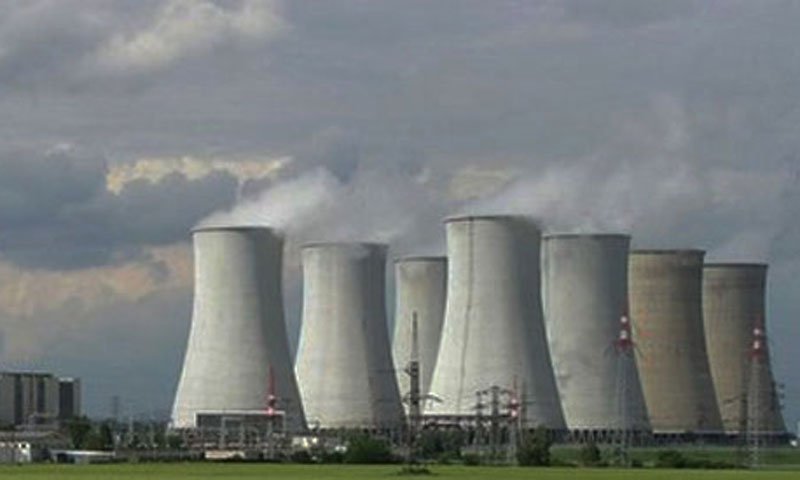Dr Usman Farooqi
An article with title “Decarbonization of Pakistan’s Economy” was published in the Daily Times on May 3, 2025, suggested for Pakistan to decarbonize the country’s economy.
This is a good recommendation as the country is facing the severity of climate change and must support the global efforts of decarbonization.
However, the proposed solution is nothing more than a dream, far from reality and is based on superficial knowledge of energy system.
Nuclear energy is acknowledged solution for decarbonization by the world and 31countries operate nuclear power plants. During COP28, 24 countries pledged to triple their nuclear capacity by 2050 to decarbonize their economies.
European Union has included nuclear energy in the technologies’ taxonomy for decarbonization that avail financial incentives. In the USA, Deptt. Of Energy financially supports new nuclear energy projects as carbon credits.
Many developing countries planned to establish their nuclear energy program, but struggle in developing required infrastructure, particularly human resources. Pakistan owns a well-established program that is developed through efforts of more than 60 years.
Keeping this in view, can it make sense to shelve off nuclear energy as an option for system expansion in Pakistan?
In the article, the main argument for exclusion of nuclear energy is the generation of nuclear waste’s radioactivity. But this argument is out of proportion that must be cross examined through facts.
Firstly, most of the radioactivity of nuclear fuel die out during initial few years when it is properly stored in the nuclear power plant.
Secondly, nuclear fuel is among the most dense and heavy element, therefore, it is highly compact with small volume.
Thirdly, its requirements for power generation is negligible compared to fossil fuel. One kilogram of nuclear fuel produces electricity equivalent to 30 to 45 tonnes of coal.
Fourthly, the used fuel is stored beneath the surface with mandatory measures following well-established international guidelines.
Finally, reasonable radioactivity exists everywhere in nature and we live with it. For example, a round air-trip from Islamabad to Karachi exposes us to radiation equivalent to living at the boundary of a nuclear power plant for one year.
Now come to the technical and economic viability of electricity supply system without nuclear and totally depend upon variable renewable energy (VRE).
In Pakistan, among VRE, solar (i.e.,PV) and wind are the main contenders for expansion and are being installed. Currently, VRE share in the total grid supply electricity of Pakistan is around 4%.
However, increasing the share will pose challenges for a reliable and cost-effective operation of the system. In general, 8% to 10% share of VRE is assumed to be a maximum limit for most of the power system without major impact.
Potentially, the limit can change from system to system due to difference in annual load profile, existing infrastructure, and cross-border integration with other power systems.
The reasons for the above limit are VRE attributes that require additional measures for operation. These include:
- intermittency of VRE that requires fast response to make up the demand supply gap. This fast response can be achieved by developing storage systems (battery, pump storage) or installing less efficient generation technologies like simple cycle gas turbines or diesel engines. Obviously, such arrangements increase the supply system cost;
- (ii) uncontrolled nature of VRE makes it essential for the supply system to have almost equivalent backup supply from thermal power plants and nuclear;
- (iii) VRE sources reduce the utilization of nuclear and thermal power plants which deteriorate overall system economics;
- (iv) increasing the share of VRE increase the needs of investment to enhance robustness of transmission and distribution system for a reliable and coordinated operation.
It is, therefore, necessary to have an optimal share of generation technologies including nuclear energy in the electricity generation mix of Pakistan for a realistic and cost-effective transition toward decarbonization.
This can only be achieved by formulating policies with analysis by local experts who understand the supply system dynamics and have their experience and knowledge of the system.
The writer is a UK-based PhD scholar and is currently researching on safer and reliable energy solutions.





